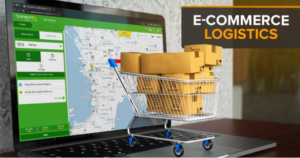Call Us:
+44 7800 648 660
+254 111 81 81 81
Mail Us:
info@tripleafreight.co.uk
Triple A
 E-commerce logistics services encompass a wide range of activities facilitating the movement, storage, and delivery of online products. These services are designed to streamline the supply chain process, from when a customer orders to the final delivery.
E-commerce logistics services encompass a wide range of activities facilitating the movement, storage, and delivery of online products. These services are designed to streamline the supply chain process, from when a customer orders to the final delivery.
Comments
Your article helped me a lot, is there any more related content? Thanks!
Alright gamers, gave play.hit 8.club a spin. Honestly, the graphics are pretty slick! Gameplay is smooth too, worth checking out for a few rounds if you’re bored. Head over to play.hit 8.club
RoyalPkrgame…time to dust off my poker face. Gonna try and bluff my way to the top. Someone said the competition is soft. Time to put that to the test. Let’s GOOOO! royalpkrgame
Yo, if you’re into betting, check out 188betbetting88. Good selection of sports and eSports. Solid odds too. I’ve had some success there. Check it out: 188betbetting88.
500jllogin, the login process is fast. Got right in and started playing in no time. Give it a shot at 500jllogin.
500jlcasino has been a steady experience. Offers many perks to new players. You can join up over at 500jlcasino.
Heard some buzz about shahspin, decided to check it out. It’s a fairly simple game, but sometimes that’s all you need! You can find it at shahspin